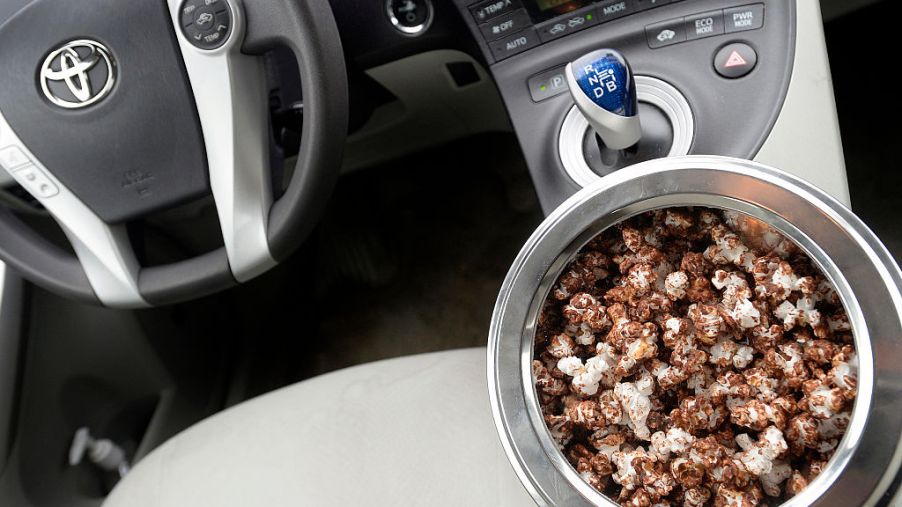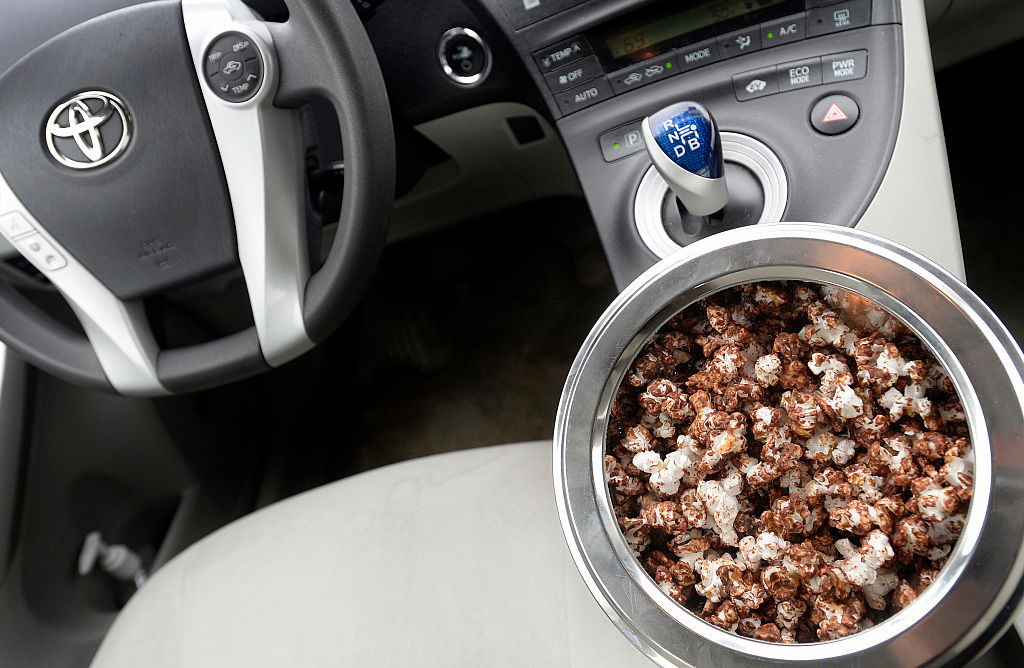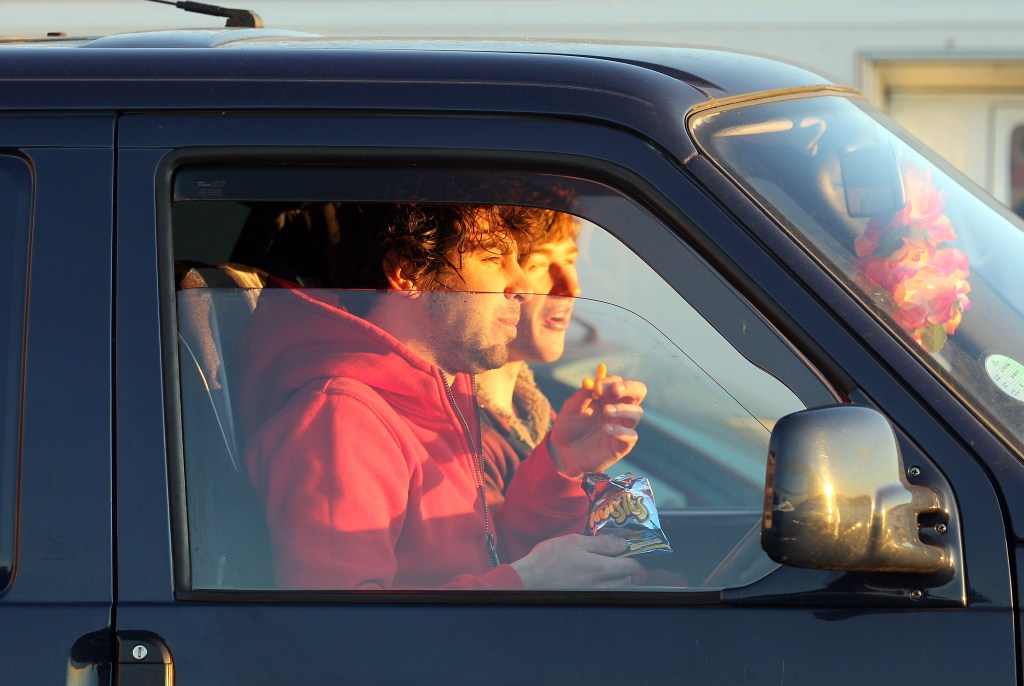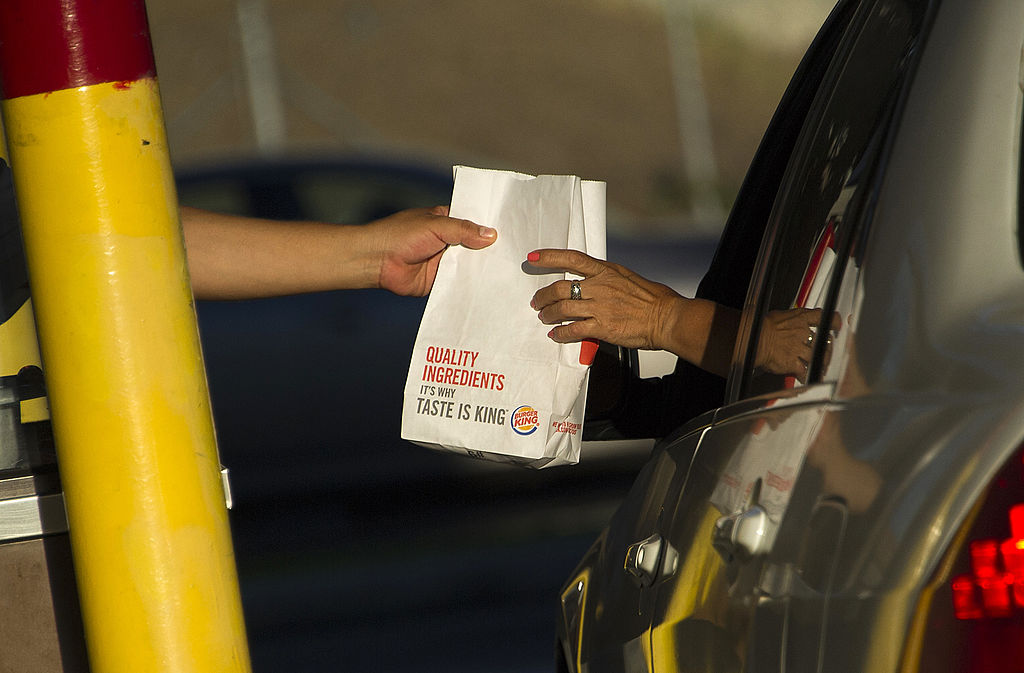
Leaving Food In Your Car Can Be Dangerous and Possibly Damaging
Whether you’re transporting food home from the grocery store or going on a long road trip, there are plenty of reasons to have food in your car. However, transporting food for a short period of time is typically OK, but if you happen to leave it in your car for a longer period of time, then the food can be dangerous for your car and your health.
Your car can be a “danger zone” for food
If you do happen to leave food in your car, then it’s important to understand the basics of food safety. According to the USDA, leaving food out of a refrigerator for an extended period of time can cause to it be in the “danger zone” range of temperatures, which is between 40 and 140 degrees Fahrenheit. In that range, bacteria can grow exponentially, “even doubling in as little as 20 minutes.” Ideally, you would want to keep hot food at or above 140 degrees and cold food at or below 40 degrees.

Your car doesn’t make for a good oven or refrigerator
While you can technically cook a Thanksgiving turkey in your car’s engine bay, that doesn’t mean that you can use its interior as a refrigerator or an oven. Now that you know what the ideal temperature range is for food, you can sure as well guess how much of an effect a car interior’s temperature fluctuation could have on the food that you keep in it.
According to Reader’s Digest, a car’s temperature can reach 140 degrees quickly on a hot day and even hotter if the outside temperature is 115 degrees or above. This rapid increase in temperature not only has a major effect on the food itself, but the packaging that it’s wrapped in (i.e. plastic, Styrofoam, etc.) might not be able to withstand that type of fluctuation and can interact with the food as well.

How should food be stored in your car?
If you want to properly store food in your car for a longer period of time, like when you go on a road trip, then you might want to invest in a cooler and ice packs for cold food and possibly even a food warmer for the hot food. Even portable snacks like beef jerky, energy bars, and even nuts should be stored in a cooler as well.
As you can imagine, more perishable foods like fruits and vegetables can get into the “danger zone” quickly, but trying to cool them off with your car’s air conditioning is not a good idea since the air coming out of the vents is not as cold as a genuine cooler or freezer.

How can food damage your car’s interior?
Leaving food in your car for an extended period of time can not only cause it to stink up your car’s interior but if certain foods end up melting on a hot day, then the messes can stain your car’s interior or even seep into electrical parts like USB ports. You might think that there’s a slim chance of that happening in your car, but unless it’s perfectly clean, then you might not even remember that you left food in it.
The bottom line is that you may want to take food out of your car as soon as possible and if you’re going on a road trip, then refrain from taking perishable foods with you. If anything, stick to road trip snacks and bring a cooler.



